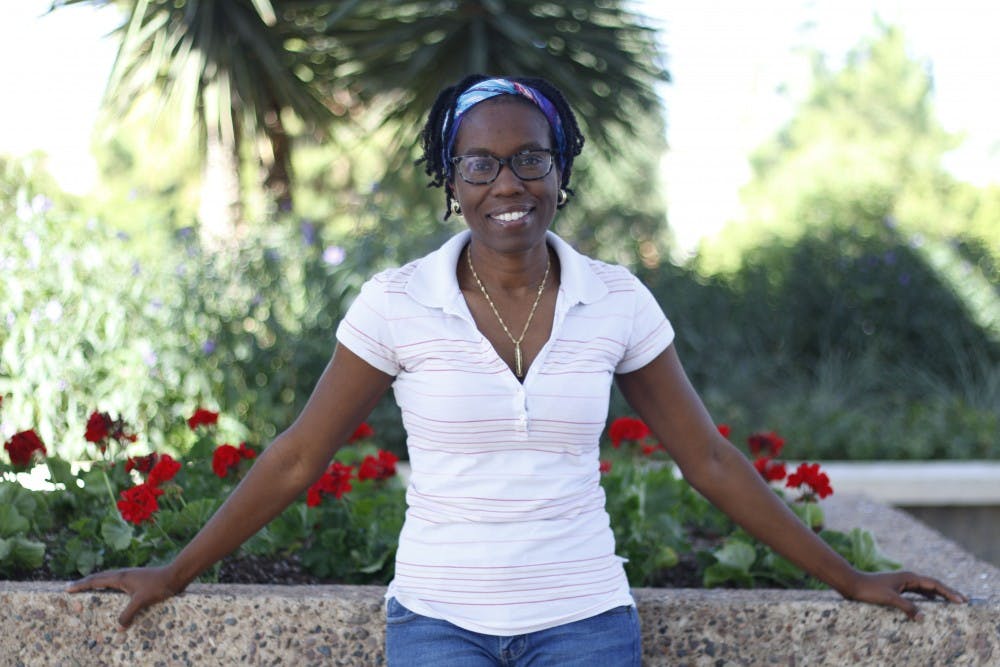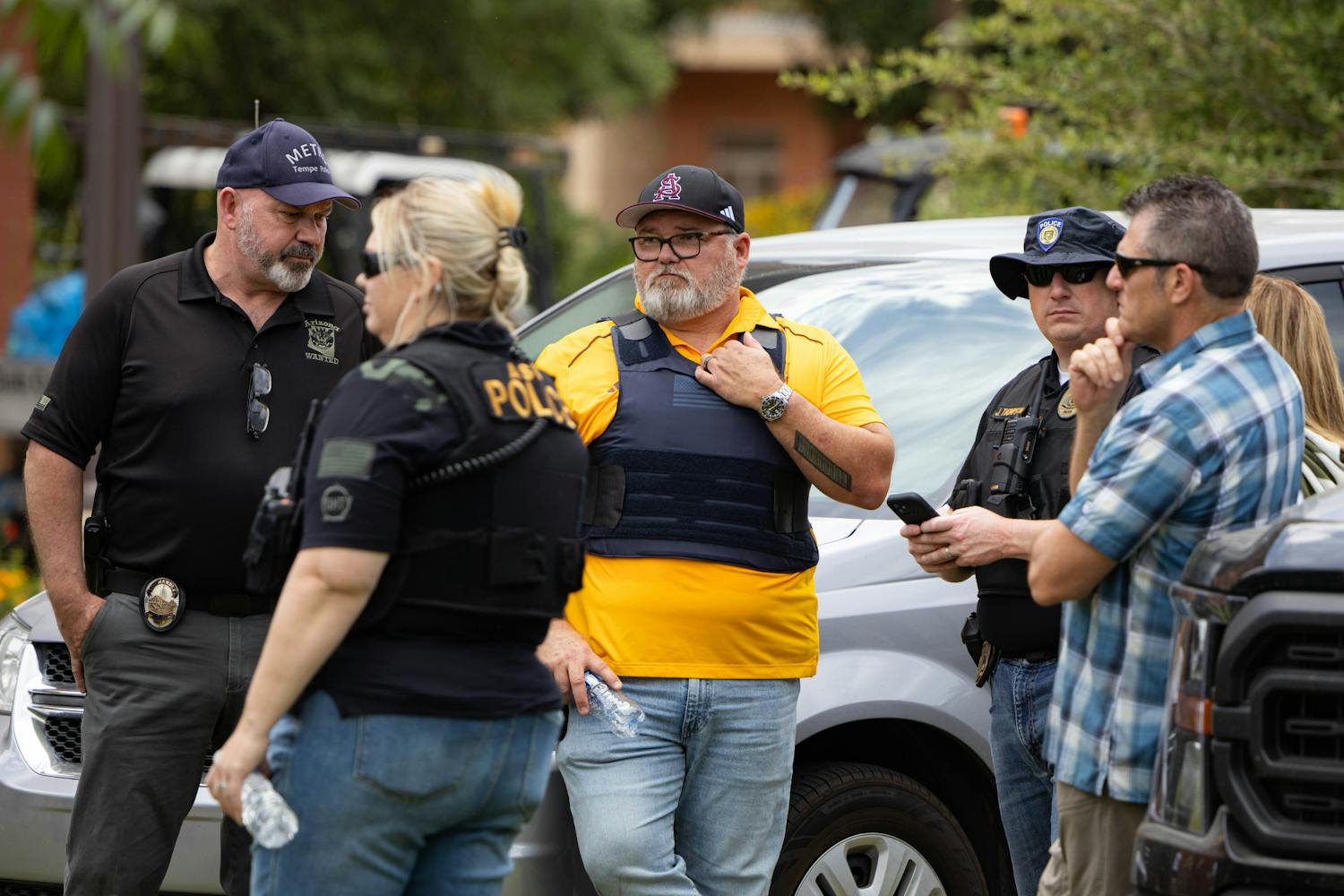Women in the military play a crucial role in defending the nation, but many often face negative stereotypes. However, they are hopeful for upcoming change.
Gender equality in the military has been an issue that has been criticized by female veterans, who have voiced their feelings that stereotypes in the military often revolve around the idea that women are less capable than men. Traditionally, women have not had to register for the selective service system, also known as the draft, while men have been required to sign up for the draft between the ages of 18 and 25.
However, the U.S. Senate passed a bill in June which would require women to register for selective service, starting in January of 2018.
Although women are gradually receiving the same opportunities as men in the military, discrimination can still follow them after retirement an issue the ASU Women Veterans Club is seeking to tackle.
The Women Veterans Club is an organization where military-affiliated women share their knowledge to help achieve their academic goals and educate the general public on the roles of women in the military.
Lorenza Mitchell, Air Force veteran and club president, said she believes it is important for people to know the importance of women in the military and to acknowledge some negative misconceptions women face while in the service.
“While serving in the military, women are often seen as weak, being disrespected by their subordinates — which happens less, compared to their male counterparts,” Mitchell said. "When women are put in a leadership position, subordinates often refer to them as acting like bitches, which if a male counterpart (acted the same way they) would be considered strict."
Since the military has allowed women to enter combat, it is crucial that both genders are treated equally. Various veteran events tend to only cater to male veterans, leaving women with very few options to interact with others and share experiences that only another veteran could relate, Mitchell said.
“Men in the military are distinguishable by how they present themselves physically, keeping their military styled haircut and wearing military-style apparel," she said. "Women don’t usually have these tendencies, making it hard to distinguish female veterans."
Ann Hibner Koblitz, an ASU professor of women and gender studies, has focused on issues regarding women in the workplace. She said having women breaking barriers in the military is a step in the right direction, but it only addresses a handful of the issues facing them.
"Simply creating laws to resolve an issue is not enough," she said. "It must be practiced and accepted by the majority in order to set a new norm."
Marisa Von Holten is an Air Force medic and secondary education freshman. She said she has had trouble transitioning to a classroom setting and overcoming certain stereotypes.
"When attending social events, people automatically think that my husband is the one who served, due to his physical appearance, disregarding that women can be in the service as well," she said.
Von Holten said she believes double standards for physical requirements between men and women do not help their cause in pushing for equal treatment. With the possibility of women being required to sign up for the draft, she said women should overcome these stereotypes in all aspects of life — not just with regard to their military careers.
"Granting women the opportunity to join combat jobs and the possibility of having women in the draft will help clear these negative stereotypes that women are less capable than men," Von Holten said.
Correction: Due to a reporting error, a previous version of the story incorrectly stated that Lorenza Mitchell is an Army veteran. The article has since been updated to reflect her status as an Air Force veteran.
Reach the reporter at jmdelga3@asu.edu or follow @jmdelga3 on Twitter.
Like The State Press on Facebook and follow @statepress on Twitter.




